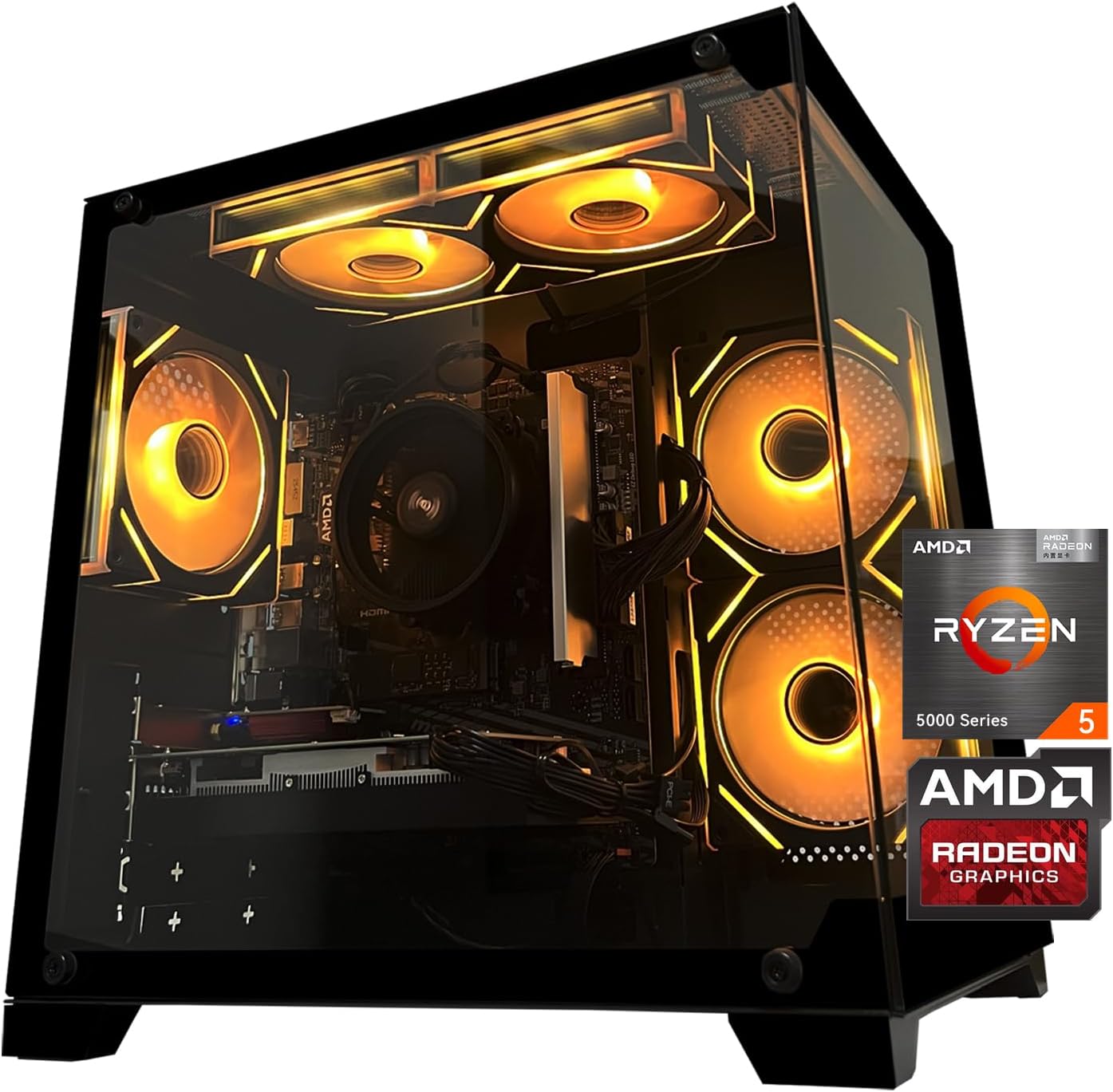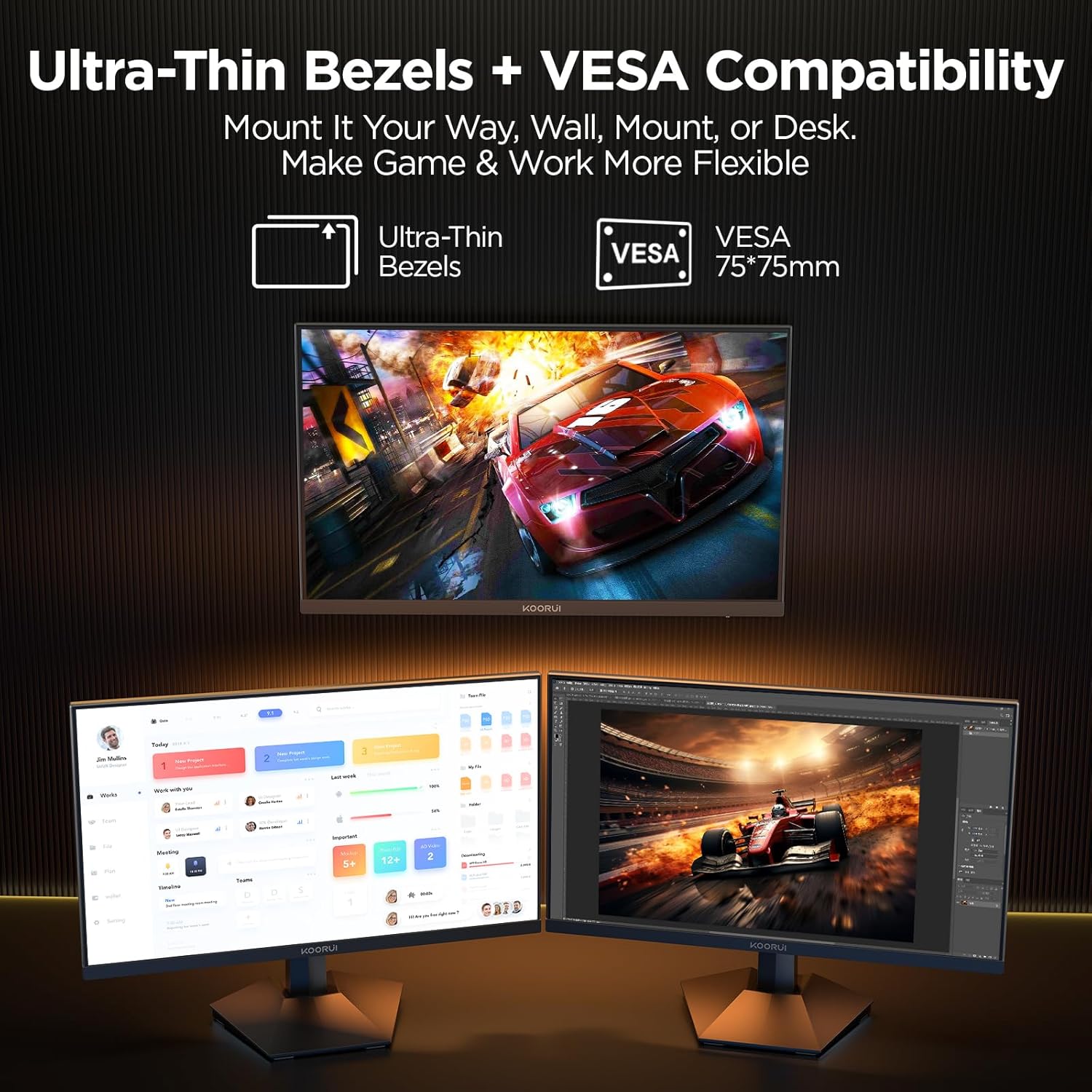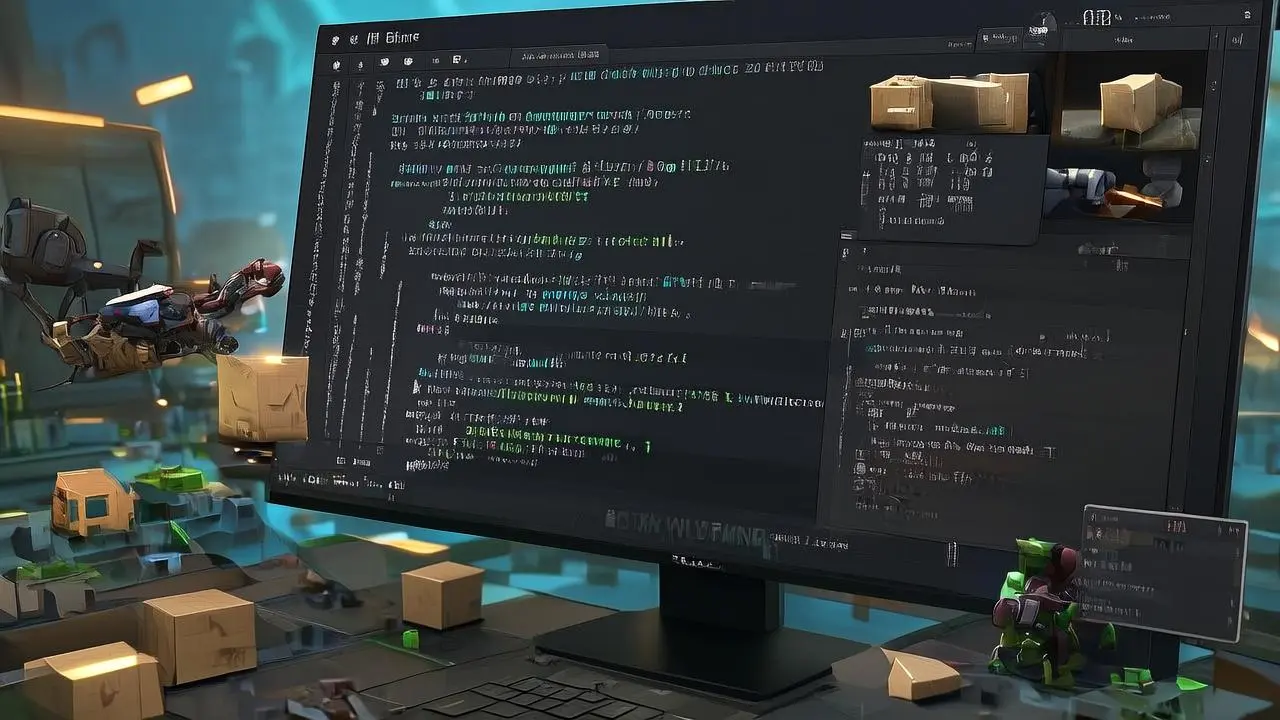Why Choose C# for Game Development?
C# is a powerful yet beginner-friendly language developed by Microsoft. It blends high-level programming with rich object-oriented features, perfect for game mechanics and performance. Here’s why C# games dominate several game engines and platforms:
- Widely Used in Unity – Unity, one of the most popular game engines, uses C# as its primary language.
- Cross-Platform Support – C# supports development for PC, console, mobile, and web.
- Vibrant Community – Tons of tutorials, forums, and sample projects available.
- Robust Libraries & APIs – Access to libraries like MonoGame, .NET, and Unity’s powerful GameObjects.
For aspiring game developers, starting with C# opens doors to building professional-level games—fast.
Tools and Game Engines for Making C# Games
Unity: The Gold Standard for C# Games
Unity (https://unity.com) is likely the first platform that comes to mind when you hear about C# games. It supports both 2D and 3D games and is trusted by indie devs and industry giants alike.
Key Features:
- Real-time physics and lighting
- Drag-and-drop UI editor
- Scripting entirely in C#
- Asset Store for 3rd-party assets, tools, and plugins
- Supports Android, iOS, PC, Mac, PlayStation, Xbox, WebGL, and VR
For beginners, Unity Learn is a great internal resource within Unity to get up to speed quickly.
MonoGame: C# Games Framework for 2D & Retro Devs
If you love pixel art or retro gaming, MonoGame (https://www.monogame.net/) is your go-to framework. MonoGame is the spiritual successor to Microsoft’s XNA framework, and many indie games have used it, including the hit title “Stardew Valley.”
Advantages of MonoGame:
- Lightweight and highly customizable
- Pure C# code development
- Ideal for 2D games and learning game architecture from the ground up
- Supports multiple platforms
MonoGame is best for developers who want control over their game loop and rendering.
Godot (C# Support Optional)
Godot is famous for being open-source, and it now supports C#. While it’s not as mainstream for C# games as Unity or MonoGame, it’s a solid alternative.
Step-by-Step: Building Your First C# Game
1. Set Up Your Development Environment
Before writing a single line of code, you need a capable dev environment:
- Download Visual Studio Community from Microsoft
- Install Unity Hub from Unity (remember to check the C# development tools during installation)
2. Learn C# Basics
Here are some fundamental C# concepts you should understand before diving into complex games:
- Variables and Data Types
- Classes and Objects
- Inheritance and Polymorphism
- Loops and Conditionals
- Collections (Lists, Arrays, Dictionaries)
- Events and Delegates
If you’re brand new to coding, check out Microsoft’s C# Guide for complete tutorials and documentation.
3. Create a Simple Game (with Unity Example)
Let’s walk through creating a simple 2D C# game in Unity—a basic click collector game:
Set Up the Scene
- Create a new 2D project in Unity.
- Add a background, and create a clickable object like a coin.
- Create a UI Text element to display the score.
Add C# Script
using UnityEngine;
using UnityEngine.UI;
public class ClickCollector : MonoBehaviour
{
private int score = 0;
public Text scoreText;
void OnMouseDown()
{
score++;
scoreText.text = "Score: " + score.ToString();
}
}Attach the script to the coin and link the Text object. Hit play. You now have your first interactive C# game!
Advanced C# Game Development
Object-Oriented Programming (OOP) in Games
OOP is more than just clean code—it’s about reusable patterns. Use inheritance for base classes like Enemy or NPC, and interfaces for interactable objects. This scales well as your game world grows.
Implement Game Design Patterns
Understand and use these design patterns:
- Singleton: For managing game states
- Factory Pattern: For creating enemies or level objects
- Observer Pattern: For UI updates when player health changes
Handling Game Physics and Animations
Unity’s physics and animation systems are robust. Use Rigidbody and Colliders for dynamic interactions. Use Unity’s Animator component to handle sprite and 3D animations, triggered via C#.
Monetizing and Publishing Your C# Games
Once you have a polished product, consider these publishing platforms:
- Steam – via Steamworks
- Google Play Store and Apple App Store
- Itch.io – great for indie and free games
- Epic Games Store – for high-quality projects and larger teams
Monetization options include:
- In-App Purchases (IAP)
- Ads via Unity Ads or AdMob
- Upfront purchase pricing
- Crowdfunding on Kickstarter or Patreon
Related Reads from Our Blog
If you’re enjoying this guide, check out our other game development articles:
- Unity vs Unreal: Which Engine is Better for Beginners?
- How to Start with Game Design: Tips for Indie Developers
- Intro to Programming Languages for Game Devs
FAQs About C# Game Development
Can I build professional games with only C#?
Absolutely. Many professional games are either partially or fully written in C#. Unity alone powers countless commercial releases.
Is Unity the only way to make C# games?
No! MonoGame, Godot (with C# support), and others are available. But Unity offers the most widespread use for 2D and 3D C# games.
What platforms can C# games run on?
C# games can run on PC, Mac, Android, iOS, WebGL, consoles (Xbox, PlayStation), and even VR/AR platforms.
Is C# easier than C++ for game development?
For most beginners, yes. C# is simpler, more readable, and offers faster prototyping—perfect for indie devs or solo creators.
Do I need to know math to create C# games?
Basic algebra and geometry help greatly, especially for physics and movement. Advanced math may be needed for complex systems like AI and 3D engines.
Conclusion: Start Building C# Games Today
From coding basics to full-scale professional games, C# provides a streamlined path for developers of all skill levels. With engines like Unity and frameworks like MonoGame, you can craft engaging, cross-platform experiences. Whether you’re doing it for fun or turning your passion into a career, the world of C# games is waiting for you.
External Resources and References:
Written by:
The DevHub Gaming Team — empowering indie game developers since 2015.

Gaming PC Desktop Computer, AMD
Gaming PC Desktop Computer, AMD Ryzen 5 5500, RX6500XT 4GB Graphics, 16GB DDR4 RAM, 512GB NVMe SSD, ARGB Fans, Game Design Office

KOORUI
KOORUI 24.5 Inch Gaming Monitor 200Hz, 1ms, FHD(1920 * 1080p) IPS Display, HDR400, 90% DCI-P3 Color Gamut with Adaptive Sync, HDMI & DP Port, Black, G2511P

beyerdynamic DT 770 PRO 80 Ohm Over-Ear Studio Headphones in Gray
beyerdynamic DT 770 PRO 80 Ohm Over-Ear Studio Headphones in Gray. Enclosed Design, Wired for Professional Recording and Monitoring

Razer
Razer Basilisk V3 Pro 35K Wireless Gaming Mouse: HyperScroll Tilt Wheel - 35K DPI Optical Sensor Gen 2-13 Customizable Controls - Chroma RGB - Optical Switches Gen 3 - Up to 140 Hr Battery - Black

